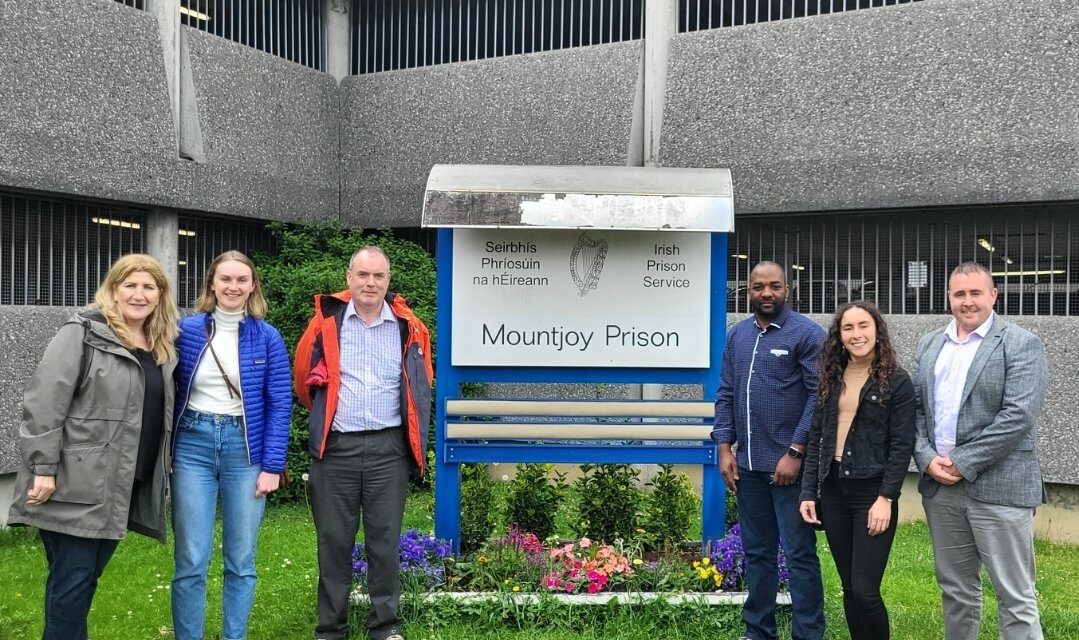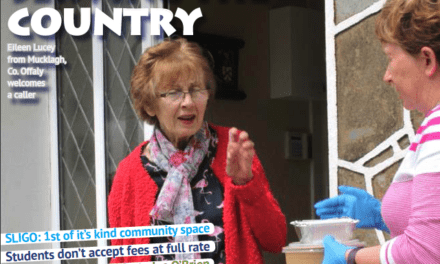Damien Quinn recently returned to prison for a day as part of a group of people on an emerging leaders programme with the organisation Common Purpose Ireland. For the other visitors it was a totally new experience.
“We all went into the Dochas prison for women, in the live prison setting. There are people on my course from policy and social enterprise backgrounds, people from the Department of Rural and Community Development, people from Rethink Ireland and people from the Glencree Centre for Reconciliation. These people had very limited experience of offending behaviour.
“The whole idea [of the visit] was to suspend your assumptions. What I mean by that is – when you read in the paper about someone that did something wrong you’re thinking ‘scumbags’ or whatever, but when you understand the life they were living and they chaos they came from, all of a sudden your thinking changes.
“That day, I saw the emotion in them (his course colleagues). I could see empathy, real understanding. It was a beautiful thing to see. It definitely changed the way they think and is an experience that will stay with them for a long time. And with me too,” he said.
Cultural intelligence
Common Purpose is a British-founded, not-for-profit organisation that runs leadership development programmes around the world. So, what kind of things do people learn on their programme? Damien gave as an example “cultural intelligence” – which he described as the ability to land anywhere in the world and understand the people you’ve landed among.
“I was teaching youth work recently and I realised that youngsters today are growing up in a completely different world. It’s culturally different to the world we grew up in. It’s important to take the time to understand where other people are coming from, what they’re experiencing and to listen to what they’re saying. Don’t formulate an answer in your head. Really hear what they say. If you do, it’s invaluable,” he said.
Prison officers need to clarify their roles
The programme also covered role clarification which Damien explained by giving an example from prison life.
“I didn’t fully understand who Probation were when I was in prison. I know today they are there to help us. But back then, I thought they were an ear for the guards and I only told them what I thought they wanted to hear, rather than what I needed to say.
“People presume we understand Probation, but how would we know, we’ve never experienced it before. People need to clarify their roles.
“If they took the time to say, ‘This is who we are.’ ‘This is why you’re with us and this is what we’re going to do with you.’ And – ‘We’re here to help.’ If they did that, I guarantee you they’ll have a completely different conversation with the people they’re trying to reach,” he said.
Common Purpose
Since it begin in 1989, in Britain, the Common Purpose programme has been run in over 200 cities worldwide. Common Purpose is a not-for-profit organisation that works with organisations and individuals across the business, public and civil society sectors and while its programme is not free, Damien would “highly recommend” the programme to anyone who gets the opportunity.








